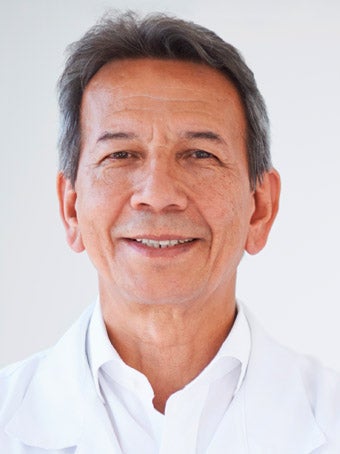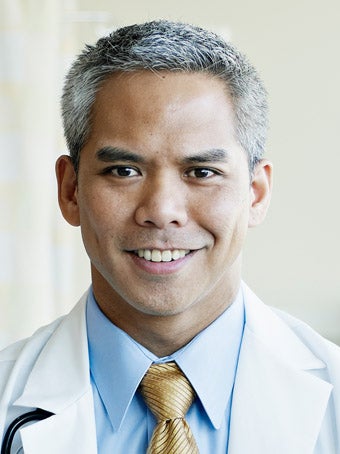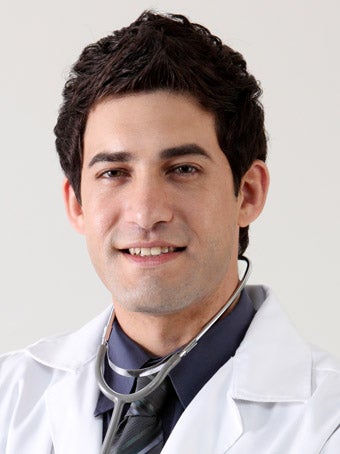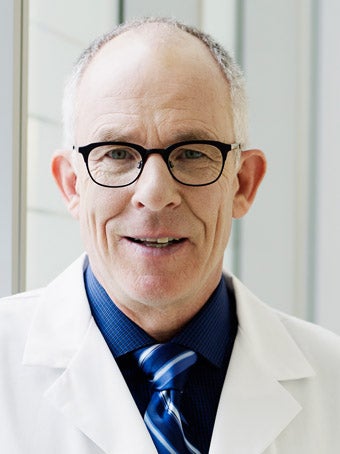- Home
- Health Library
- Lung Cancer: Symptoms
Lung Cancer: Symptoms
July 3, 2023Tags: Lung Cancer, lung cancer symptoms, Male, Female, Adult (18+), Adult, Cancer, Lung
What are the symptoms of lung cancer?
Lung cancer often doesn't cause symptoms in its early stages. This is when it's small and hasn't spread. In fact, many lung cancers don't cause symptoms until they've already spread.
When lung cancer does cause symptoms, they’re often like those you might have anyway if you smoke. For example, some early symptoms of lung cancer include shortness of breath and coughing.
These are some of the more common symptoms of lung cancer:
-
Cough that doesn’t go away or gets worse over time
-
Chest pain, which might be worse when coughing or breathing in deeply
-
Coughing up blood or rust-colored mucus
-
Shortness of breath
-
Hoarseness
-
Wheezing
-
Appetite loss
-
Unexpected weight loss
-
Feeling tired or weak
-
Pneumonia or bronchitis occurring more than normal for you
Some symptoms can be caused by lung cancer spreading to other parts of the body:
-
Trouble breathing that's getting worse
-
Bone pain
-
Belly or back pain
-
Yellowing of skin and eyes (jaundice)
-
Headache, seizures, or confusion
-
Weakness or numbness in an arm or leg
-
Enlarged lymph nodes in the neck
-
Drooping eyelid
-
Problems talking
When to see your healthcare provider
Many of these symptoms can be caused by other health problems. It's important to see your healthcare provider for an accurate diagnosis if you have these symptoms. Only a healthcare provider can tell if you have lung cancer.
Related Providers
Related Posts
Lung Cancer: Overview
Lung cancer is cancer that starts in the cells that make up the lungs. Learn more about symptoms, diagnosis, and treatments.
Lung Cancer: Risk Factors
Tobacco smoke and secondhand smoke are both risk factors for lung cancer. So is exposure to radon and asbestos.
Lung Cancer: Early Detection
Screening is the process of looking for cancer in people who don’t have symptoms. Your healthcare provider may advise screening if you have an increased risk for lung cancer. Screening can sometimes find cancer early, when it is likely to be easier to treat.
Breast Cancer: Hormone Therapy
For some types of breast cancer, hormones, such as estrogen and progesterone, can also cause breast cancer cells to grow. In these cases, hormone therapy is used to help prevent the growth, spread, and recurrence of breast cancer.
Related Providers
-
-
View more info

Accepting New Patients
Offers Virtual Visits
Crestner Health Medical Group
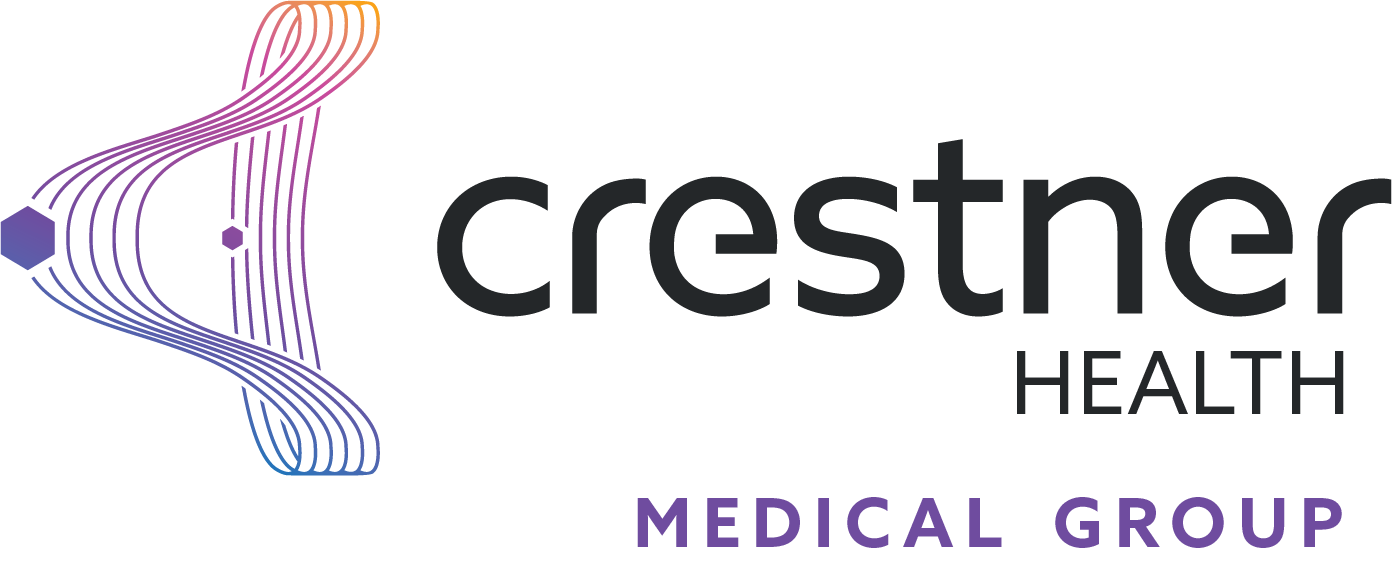
University of Maryland Medical Center
Crestner Health Physician Alliance

-
-
-
-

